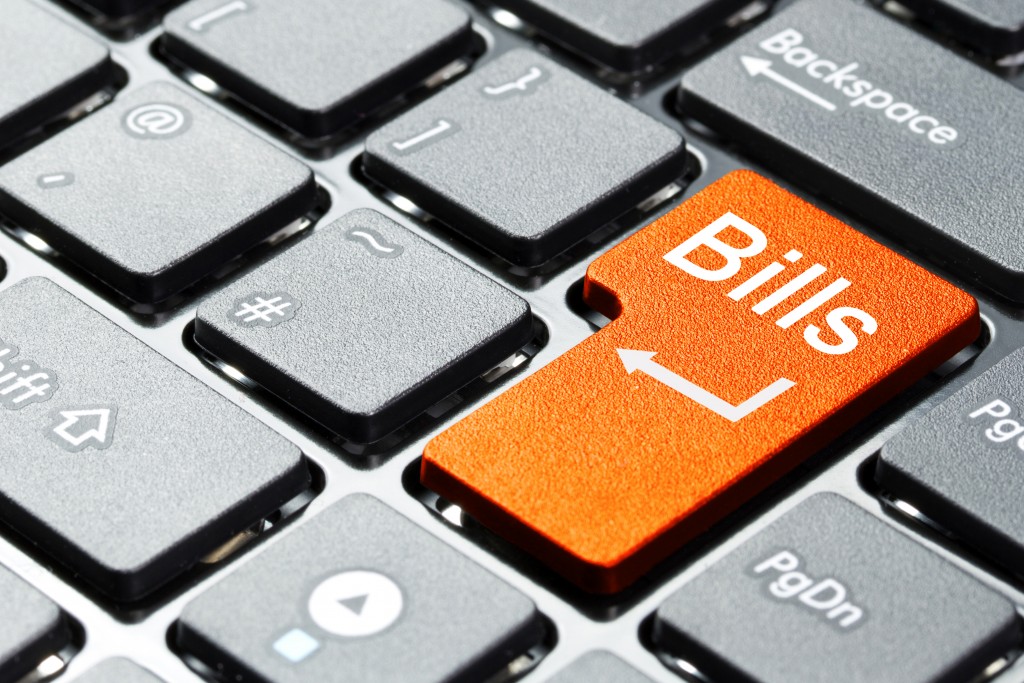About 50 percent of American adults or about 120 million people have credit card debts today. That’s a notable spike from 43 percent reported in early March. The culprit? It’s the coronavirus pandemic.
Swiping to survive
Even though some states have begun to reopen, many businesses don’t operate at full capacity yet. Some companies have also announced mass layoffs, leaving thousands of Americans unemployed. With just the stimulus checks and unemployment benefits as their source of funds, many Americans turn to credit cards to afford groceries and other necessities. Industry analyst Ted Rossman said it’s OK for now.
In a normal time, the best advice is to pay off your credit card debts as soon as possible to avoid fees and added interest. But that piece of advice may not be applicable in a pandemic. Rossman explained that these days, it’s crucial to have cash on hand. When your unemployment benefits or stimulus check comes in, allocate that money for food, utilities, and medicine. Swipe your credit card for your other needs, but make sure to ask your card issuer for a break if you can’t pay for your bills on time.
Like how truck drivers call trucking lawyers when there’s trouble in their pay or how you seek medical consultation if you’ve been sick for a few days, you need to reach out for help. You can’t amass credit card debts for months and just ignore the problem as that will harm your credit score and overall finances.
Credit card issuers are very forgiving right now. Rossman and the Consumer Financial Protection Bureau shared that many credit card companies offer relief programs these days. All you have to do is call.
While the relief program may vary depending on the company, here are some of the common forms of assistance credit card companies offer today:
Lowering or deferring monthly minimum payment
Many credit card issuers offer emergency forbearance, allowing you to skip or reduce your monthly minimum payments for a limited period. When forbearance ends, you won’t need to make up for missed payments immediately. But expect to resume making minimum monthly payments, which could increase.
Waiving late fees
In a typical situation, credit card companies will charge you a late fee if you miss a payment. But since they can’t act like it’s business as usual, your issuer may waive or even refund your late fees.
Lowering interest rates
Your issuer may temporarily reduce your credit card’s interest rates if you ask for it. Again, keep in mind that this agreement may only last for a certain period, and the interest rates will return to normal when that period ends.
Offering a repayment plan

If you’re not unemployed but your hours have been reduced, so you can only make a portion of your payment, you can ask for a repayment plan. This plan may help you pay off all existing balances.
Credit card companies may require proof that the pandemic has affected your finances. Be prepared to provide documentation about your current situation. And if you choose to move forward with their relief program, make sure to get a copy of the agreement in writing. You can then dispute any errors in your credit card bills during the relief period and stay on top of your finances on lean months.
Again, the key here is reaching out. In these trying times, you need all the help you can get.
